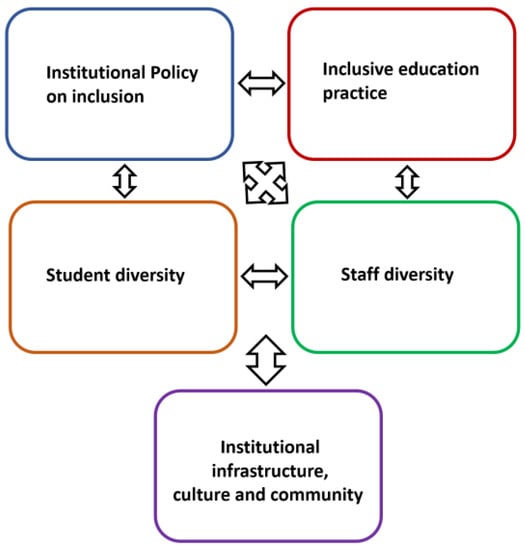Sports in schools have long been regarded as more than just extracurricular activities. They serve as platforms for physical fitness, character development, teamwork, and academic success. From the early days of education, sports have been integrated into school curriculums, and their importance continues to resonate strongly in modern educational settings.
Physical Fitness and Health: One of the primary benefits of incorporating sports into school programs is the promotion of physical fitness and overall health. With childhood obesity rates on the rise, sports offer a solution by encouraging regular physical activity. Whether it’s through organized team sports like basketball or individual pursuits such as track and field, students have the opportunity to engage in physical exercise, leading to improved cardiovascular health, muscle strength, and endurance.

Character Development: Participation in sports fosters the development of essential character traits such as discipline, resilience, and sportsmanship. Through both victory and defeat, students learn to persevere, handle pressure, and work collaboratively towards common goals. These experiences build character and resilience, equipping students with valuable life skills that extend far beyond the sports arena.
Academic Success: Contrary to the notion that sports detract from academic pursuits, research indicates a positive correlation between sports participation and academic achievement. Engaging in sports teaches students time management, prioritization, and goal-setting skills, which are transferable to their academic endeavors. Moreover, physical activity has been shown to enhance cognitive function, concentration, and overall academic performance.

Social Skills and Teamwork: Team sports, in particular, offer a unique opportunity for students to develop crucial social skills and learn the importance of teamwork. Within a team setting, students must communicate effectively, resolve conflicts, and collaborate with diverse personalities towards a common objective. These experiences nurture empathy, cooperation, and leadership abilities, which are invaluable in both personal and professional contexts.
Inclusivity and Diversity: Sports in schools provide a platform for inclusivity and diversity, bringing together students from various backgrounds, cultures, and abilities. Regardless of gender, ethnicity, or socioeconomic status, sports offer a level playing field where individuals can excel based on their skills, determination, and effort. This fosters a sense of belonging and camaraderie among students, promoting tolerance, acceptance, and mutual respect.

Healthy Competition: While competition is inherent in sports, it serves as a constructive outlet for students to test their abilities, set personal goals, and strive for excellence. Healthy competition teaches students to push their limits, learn from setbacks, and celebrate achievements, all while demonstrating respect for opponents and officials. By instilling a competitive spirit within a supportive environment, sports in schools prepare students for the challenges they’ll encounter in various aspects of life.
Community Engagement: Beyond the school grounds, sports play a significant role in fostering community engagement and school spirit. Sporting events bring together students, parents, teachers, and alumni, creating a sense of pride and unity within the school community. Additionally, sports serve as a bridge between schools and their surrounding communities, promoting positive relationships and collaboration.

Sports in schools offer far-reaching benefits that extend beyond physical activity and athletic achievement. They contribute to holistic student development by nurturing physical fitness, character, academic success, social skills, inclusivity, healthy competition, and community engagement. As integral components of educational programs, sports play a vital role in preparing students for success in both their personal and professional lives.




